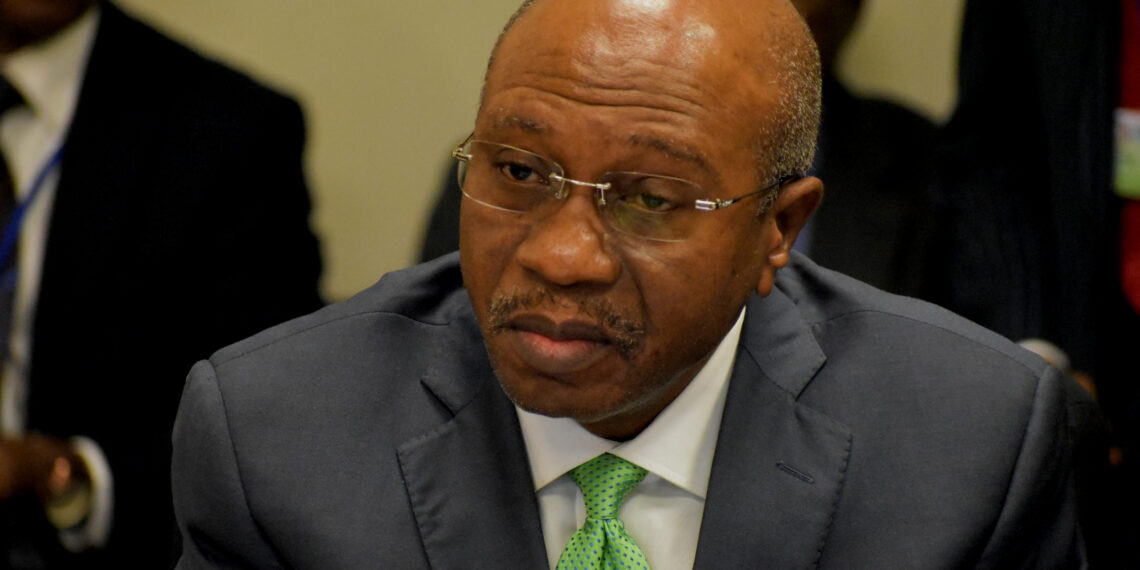The Monetary Policy Committee (MPC) of the Central Bank of Nigeria (CBN) on Tuesday retained the Monetary Policy Ratio at 11.5 per cent for the sixth consecutive time.
The CBN Governor, Mr Godwin Emefiele, presenting a communique from the MPC meeting, said the committee, through unanimous vote by nine members present, also decided to hold all other parameters constant.
The Cash Reserve Ratio (CRR) was, therefore, retained at 27.5 per cent, Liquidity Ratio at 30 per cent and the Asymmetric Corridor at plus 100 and minus 700 basis points around the MPR.
Another major decision by the MPC was the discontinuation of the sale of forex to Bureau de Change operators in the country.
Emefiele said the decision was informed by unwholesome practices by the operators, which he said had continued to mount undue pressure on the nation’s foreign reserves.
Emefiele said the recent developments in both global and domestic economy called for “cautious optimism.”
He said the domestic economy grew at 0.51 per cent during the first quarter compared to 0.11 per cent during the preceeding quarter.
He added that the MPC would continue to support the Federal Government in its effort to revamp the productive sector to accelerate economic diversification.
“The committee remains overwhelmingly committed to supporting efforts of the Federal Government in ensuring full restoration of the productive capacity of the Nigerian economy,” he said.
Emefiele assured that food inflation would be largely reduced during the new harvest season.
He said the CBN would continue to commit resources to the agriculture sector towards the attainment of food security.
He said inspite of the adverse effect of the COVID-19 pandemic, the global economy was already on the path of growth and recovery.
The CBN Governor called for increased procurement of vaccines to check the spread of emerging, deadly strains of the virus.
“There is renewed domestic risk to this optimism associated with the fast spread of new and deadlier strains of COVID-19.
“The high rate of vaccination across the globe promises to drive headline immunity and reduce infection rate.
“In the domestic economy, the continued support by both the monetary and fiscal authorities is expected to yield favourable outcomes and, hopefully, restore the economy to a strong recovery path,” he said.





